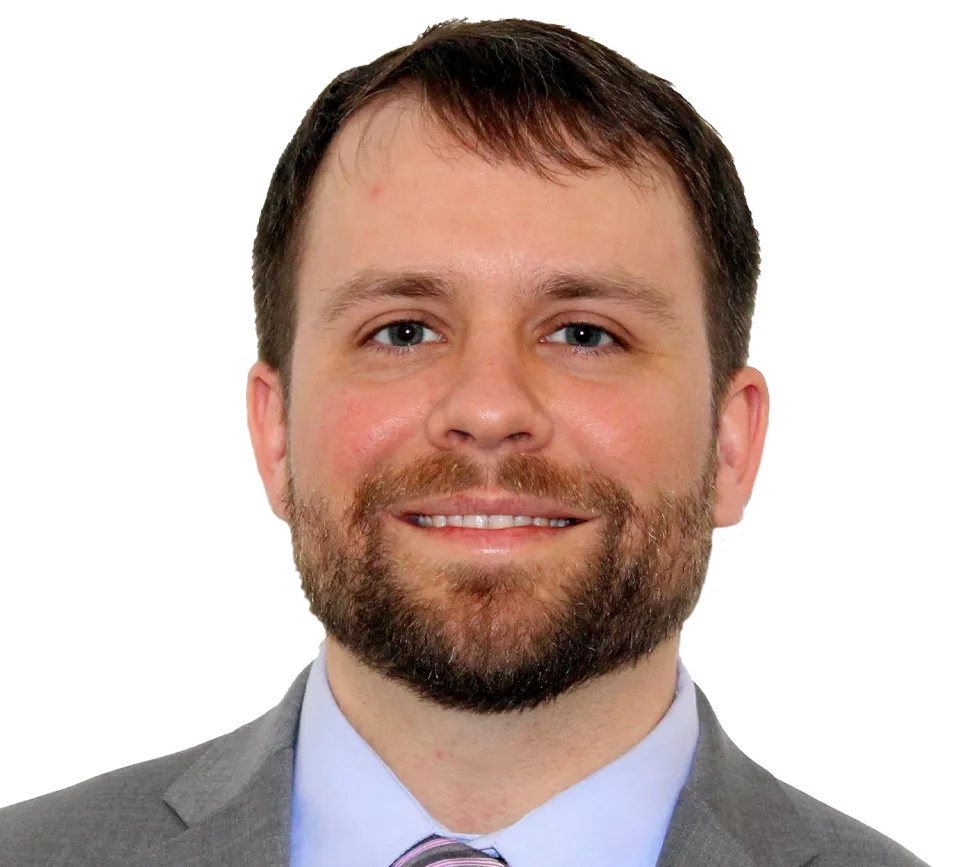Abrahamsson, D., C. L. Brueck, C. Prasse, D. A. Lambropoulou, L. Koronaiou, M. Wang, J. Park, and T. J. Woodruff. 2023. Extracting structural information from physicochemical property measurements using machine learning — a new approach for structure elucidation in non-targeted analysis. ES&T 57(40):14827 — 14838
Brueck, C.L. Determining the fate of organic contaminants in agricultural systems: applications for high-resolution mass spectrometry. Dissertation. Johns Hopkins University, Baltimore, MD.
Brueck, C. L., S. L. Nason, M. G. Multra, and C. Prasse. 2022. Assessing the fate of antibiotics and agrochemicals during anaerobic digestion of animal manure. STOTEN 856:159156.
Brueck, C. L. and D. Wildenschild. 2020. A proximity-based image-processing algorithm for colloid assignment in segmented multiphase flow datasets. Journal of Microscopy 277(2):118 — 129.
Jiang, L., T. Li, J. Jenkins, Y. Hu, C. L. Brueck, H. Pei, and M. J. Betenbaugh. 2020. Evidence for a mutualistic relationship between the cyanobacteria Nostoc and fungi Aspergilli in different environments. Applied Microbiology and Biotechnology 104:6413 — 6426.
Almquist, V., C. Brueck, S. Clarke, T. Wanzek, and M.I. Dragila. 2018. Bioavailable water in coarse soils: a fractal approach. Geoderma 323:145 — 155.
Paradiś, A., C. Brueck, D. Meisenheimer, T. Wanzek, and M.I. Dragila. 2017. Sandy soil microaggregates: rethinking our understanding of hydraulic function. Vadose Zone J. 16(9):1 — 10.
Brueck, C. 2016. Exploring colloid transport in unsaturated porous media using x-ray microtomography. Thesis. Oregon State University, Corvallis, OR.
Kaveh, R., Y. Li, S. Rangbar, R. Tehrani, C. Brueck, and B. Van Aken. 2013. Changes in Arabidopsis thaliana gene expression in response to silver nanoparticles and silver ions. ES&T 47(18):10637 — 10644.
Presentations
Brueck, C.L., E. Lopez-Haz, S. Lansing, J. Ogejo, and C. Prasse. 2023. Using non-targeted chemical analysis methods to detect emerging contaminants in dairy manure management systems. American Chemical Society National Meeting, San Francisco, CA, August 13 — 17.
Brueck, C.L., X. Xin, S. Lupolt, B. Kim, R. Santo, A. Williams, K. Nachman, and C. Prasse. 2023. Nontargeted chemical analysis and risk assessment of organic contaminants in darkibor kale grown under rural and urban growth conditions. University of Washington Civil and Environmental Engineering Environmental & Water Program Seminar, Seattle, WA, May 18.
Brueck, C.L., J. Ogejo, S. Lansing, and C. Prasse. 2022. Anthropogenic chemicals in cattle manure: combining high-resolution mass spectrometry and machine learning to identify unknown chemicals and predict their concentrations. American Chemical Society National Meeting, San Diego, CA, March 20 — 24.
Brueck, C.L., S.L. Nason, M.G. Multra, and C. Prasse. 2021. Determination of degradation pathways for antibiotics and agrochemicals during anaerobic digestion of animal manure. American Chemical Society National Meeting & Expo, Atlanta, GA, August 22 — 26.
Brueck, C.L., S.L. Nason, E.J. Bouwer, and C. Prasse. 2020. Fate of agrochemicals during anaerobic digestion: quantifying degradation and identifying transformation products using orbitrap mass spectrometry. American Chemical Society National Meeting, San Francisco, CA, August 13 — 17.
Brueck, C.L., S.L Nason, E.J. Bouwer, and C. Prasse. 2020. Fate of agrochemicals during anaerobic digestion: quantifying degradation and identifying transformation products using orbitrap mass spectrometry. Environmental Health and Engineering Annual Retreat, Johns Hopkins University, Baltimore, MD, January 17.
Brueck, C.L., S.L. Nason, C. Prasse, and E.J. Bouwer. 2019. Benefits and risks of using anaerobic digestion effluent for hydroponic agriculture. Association of Environmental Engineering and Science Professors, Arizona State University, Tempe, AZ, May 14 — 16.
Brueck, C.L., S.L. Nason, C. Prasse, and E.J. Bouwer. 2019. Recycling dairy farm anaerobic digestion effluent for cultivation of Lactuca sativa (romaine lettuce) via Hydroponic Agriculture. Environmental Health and Engineering Annual Retreat, Johns Hopkins University, Baltimore, MD, January 18.
Brueck, C.L. and Bouwer, E.J. 2018. Biotechnology integration for enhanced crop yield, nutrient recycling, and bioenergy production from a dairy farm. National Science Foundation Integrative Graduate Education and Research Traineeship Colloquium, Johns Hopkins University, Baltimore, MD, June 22.
Brueck, C.L. and E.J. Bouwer. 2018. Resource recovery in aquaponics systems and beyond! Department of Geography and Environmental Engineering Seminar, Johns Hopkins University, Baltimore, MD, April 28.
Brueck, C.L. 2018. Aggregate structure and water retention in coarse sandy soils. Department of Geography and Environmental Engineering Integrative Graduate Education and Research Traineeship Research Seminar, Johns Hopkins University, Baltimore, MD, April 5.
Brueck, C.L. and V. Burrowes. 2017. Peru research trip summary. Department of Geography and Environmental Engineering Integrative Graduate Education and Research Traineeship Research Seminar, Johns Hopkins University, Baltimore, MD, October 5.
Brueck, C.L. and V. Burrowes. 2017. Team caca and surfaces. Integrative Graduate Education and Research Traineeship International Research Presentation, Kosek Laboratory, Iquitos, Peru, July 1.
Wildenschild, D. and C.L. Brueck. 2017. Exploring unsaturated colloid deposition and mobilization in 3D with x-ray microtomography. InterPore 2017, Rotterdam, Netherlands, May 8 — 11.
Brueck, C.L. 2017. Exploring colloid transport in unsaturated porous media using x-ray microtomography/bioavailable water in coarse soils: a fractal approach. Department of Geography and Environmental Engineering Seminar, Johns Hopkins University, Baltimore, MD, March 7.
Brueck, C.L. and D. Wildenschild. 2015. Colloid transport in unsaturated porous media: 3D visualization using synchrotron x-ray microtomography. American Geophysical Union Fall Meeting, San Francisco, CA, December 14 — 18.
Brueck, C.L. and D. Wildenschild. 2015. The role of flow rate and moisture content on colloid mobility in unsaturated porous media. Hydrophiles Water Research Symposium, Oregon State University, OR, April 24 — 26.

